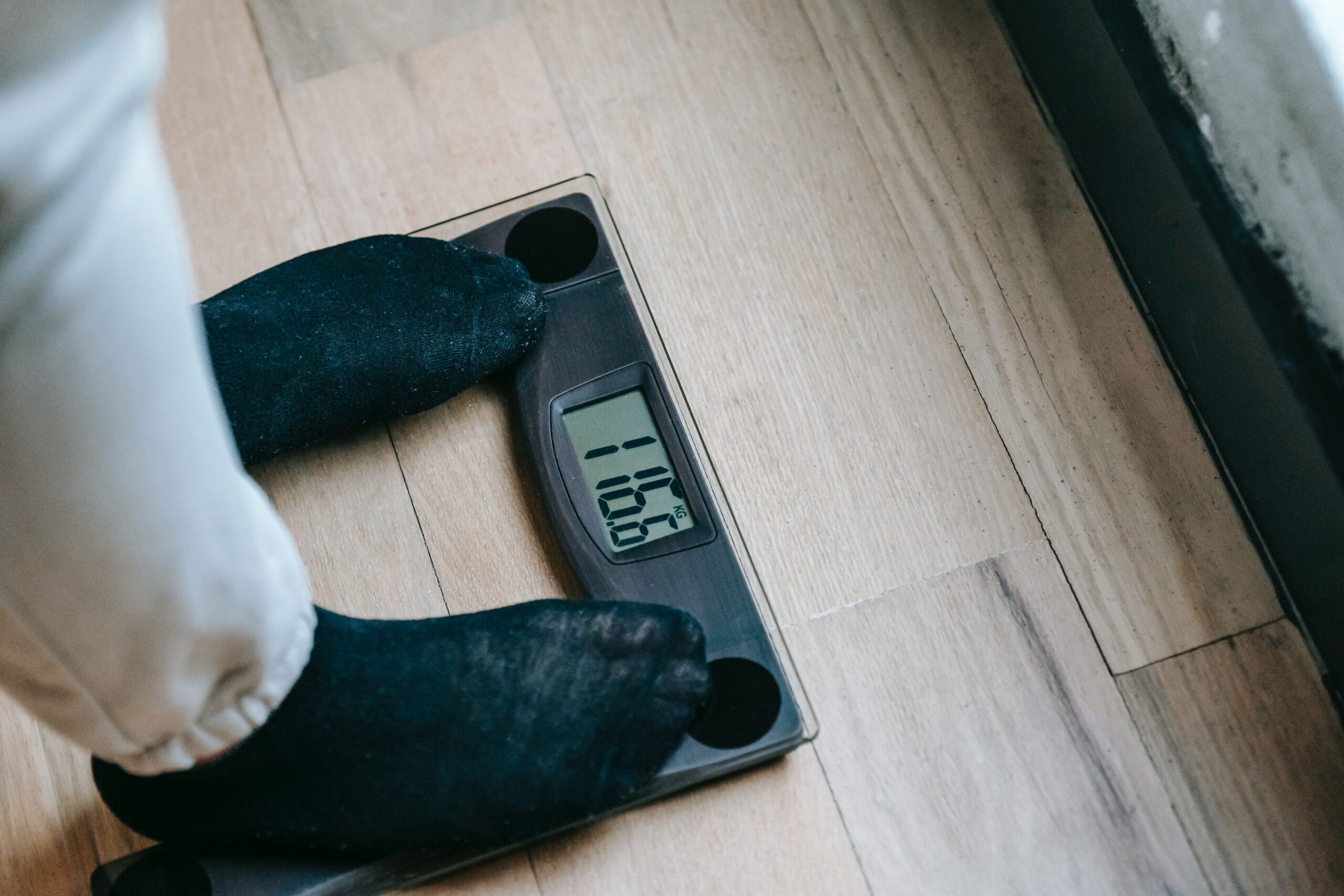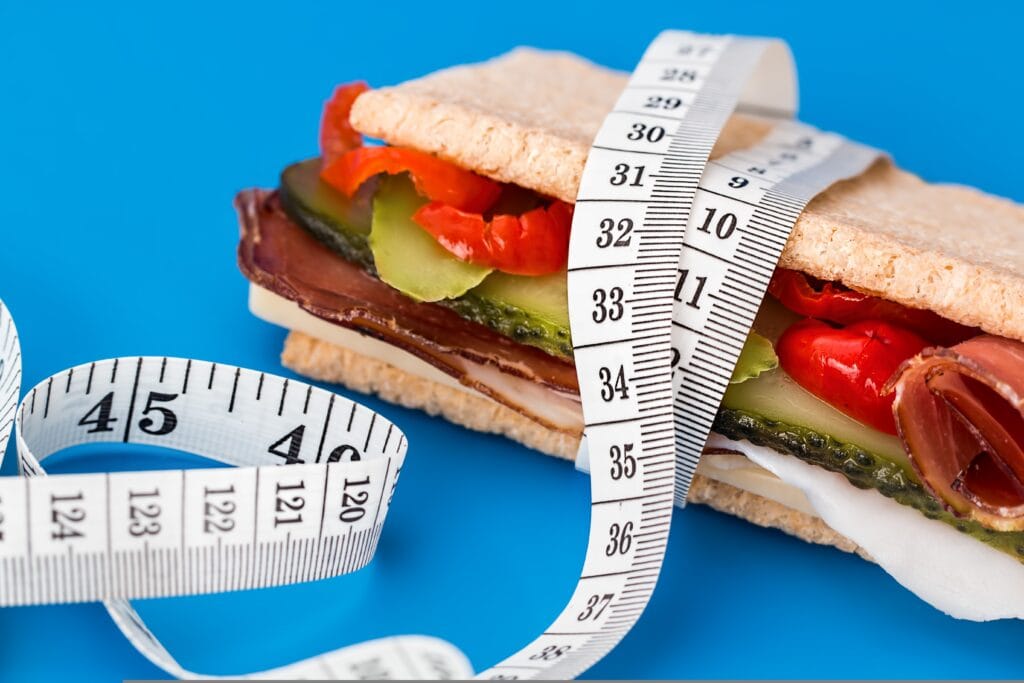In a world where the pursuit of fitness often involves strenuous workouts and intense exercise routines, the concept of achieving weight loss without hitting the gym might sound too good to be true. However, a growing body of evidence suggests that “no workout weight loss” is not only possible but can also be effective for certain individuals. In this comprehensive guide, we will explore the strategies, statistics, and science behind weight loss without traditional exercise.

The Science Behind No Workout Weight Loss
Understanding Metabolism and Calorie Burn
Metabolism: The Engine of Calorie Burning
Metabolism is the sum of all chemical processes that occur within the body to maintain life. It includes both anabolic processes (which build up body tissues) and catabolic processes (which break down body tissues). These processes require energy, which is derived from the food we eat, and this energy is measured in calories.
- Basal Metabolic Rate (BMR): This is the number of calories your body needs to perform basic life-sustaining functions such as breathing, circulation, and cell production. BMR accounts for approximately 60-75% of the total calories burned each day.
- Thermic Effect of Food (TEF): This is the number of calories your body uses to digest, absorb, and metabolize food. It typically accounts for about 10% of your daily calorie expenditure.
- Non-Exercise Activity Thermogenesis (NEAT): This includes the calories burned through activities that are not formal exercise, such as walking, typing, or fidgeting. NEAT can vary widely among individuals and can significantly impact total calorie expenditure.
The Role of Diet in Weight Loss
Caloric Deficit: The Key to Weight Loss
Weight loss fundamentally comes down to creating a caloric deficit, which means consuming fewer calories than your body expends. Without formal workouts, diet becomes the primary tool for achieving this deficit.
- Macronutrient Balance: The three macronutrients—proteins, fats, and carbohydrates—each play unique roles in the body. Protein is particularly important for preserving muscle mass during weight loss and can also help keep you feeling full, which aids in reducing overall calorie intake.
- Nutrient-Dense Foods: Foods that are high in vitamins, minerals, and other beneficial nutrients but low in calories can help you maintain health while losing weight. Examples include vegetables, fruits, lean meats, and whole grains.
- Mindful Eating: Paying attention to hunger and fullness cues, eating slowly, and avoiding distractions during meals can help prevent overeating.
Lifestyle Factors Affecting Weight Loss
Sleep: The Underestimated Factor
Quality sleep is crucial for weight loss and overall health. Poor sleep can disrupt hormones that regulate hunger and appetite, such as ghrelin and leptin, leading to increased calorie intake.
- Sleep Duration: Aim for 7-9 hours of sleep per night to support metabolic health and weight loss efforts.
- Sleep Quality: Create a sleep-conducive environment by keeping your bedroom dark, cool, and quiet, and establish a regular sleep schedule.
Stress Management: Reducing the Impact on Weight
Chronic stress can lead to weight gain, particularly around the abdominal area, due to the hormone cortisol. Managing stress through techniques such as mindfulness, meditation, deep breathing exercises, and adequate rest can help mitigate its impact on weight.
- Mindfulness Practices: Incorporating activities such as yoga or tai chi can help reduce stress levels.
- Social Support: Engaging with friends and family or participating in community activities can provide emotional support and reduce stress.
Non-Exercise Physical Activities: Staying Active Without the Gym
Incorporating more movement into your daily routine can significantly impact your calorie expenditure without formal exercise.
- Walking: Incorporate walking into your day by taking the stairs, walking during phone calls, or parking farther from your destination.
- Household Activities: Chores such as cleaning, gardening, or washing the car can also increase your daily activity level.
- Standing: If you have a desk job, consider using a standing desk or taking regular breaks to stand and stretch.
Scientific Studies Supporting No Workout Weight Loss
Several studies have highlighted the effectiveness of lifestyle and dietary changes in achieving weight loss without traditional exercise:
- Dietary Interventions: Research shows that individuals who focus on dietary changes alone can achieve significant weight loss. For instance, a study published in the American Journal of Clinical Nutrition found that diet alone was as effective as combining diet and exercise for weight loss in overweight and obese adults.
- Sleep and Weight Loss: A study in the Annals of Internal Medicine found that participants who got adequate sleep lost more fat than those who were sleep-deprived, even though both groups consumed the same number of calories.
- Stress Reduction: A review in the Journal of Obesity concluded that stress management interventions could lead to modest reductions in body weight and waist circumference.
Statistics on No Workout Weight Loss Success
Weight loss without structured workouts is a topic of great interest, particularly for individuals who may not have the time, ability, or desire to engage in regular exercise. While exercise is often touted as a key component of weight loss, many people have successfully shed pounds through other means. Here, we explore statistics and success stories that highlight the diverse approaches to weight loss without relying on structured workout routines.
Real-Life Examples and Success Stories
- Caloric Restriction and Dietary Changes
- Statistic: A study published in the American Journal of Clinical Nutrition found that participants who reduced their caloric intake by 25% over 6 months lost an average of 10% of their body weight, even without added exercise.
- Success Story: Jane, a 35-year-old office worker, lost 30 pounds over a year by focusing on portion control and reducing her daily caloric intake by 500 calories. She did not incorporate any structured exercise into her routine, instead opting for small lifestyle changes like taking the stairs and walking during lunch breaks.
- Intermittent Fasting
- Statistic: Research from the Journal of Translational Medicine indicates that intermittent fasting can lead to a 3-8% weight loss over 3-24 weeks, with significant fat loss occurring primarily in the abdominal region.
- Success Story: Tom, a 42-year-old software developer, adopted a 16:8 intermittent fasting schedule, where he ate all his meals within an 8-hour window. Over six months, he lost 25 pounds and saw improvements in his energy levels and mental clarity.
- Mindful Eating
- Statistic: A study in Appetite journal found that participants practicing mindful eating lost an average of 7% of their body weight over 12 months without engaging in additional physical activity.
- Success Story: Maria, a 29-year-old teacher, lost 20 pounds in a year by practicing mindful eating. She paid close attention to her hunger cues, ate slowly, and focused on the sensory experience of eating, which helped her naturally reduce her food intake.
- Low-Carb and Ketogenic Diets
- Statistic: The British Journal of Nutrition reported that participants following a low-carb or ketogenic diet for 6 months lost an average of 10-15% of their body weight without the need for structured exercise.
- Success Story: Kevin, a 50-year-old manager, lost 40 pounds in eight months by adopting a ketogenic diet. He focused on high-fat, low-carb meals and avoided processed foods, which led to significant weight loss without additional exercise.
- Plant-Based Diets
- Statistic: According to a study in Obesity Reviews, individuals following a plant-based diet can lose an average of 5-10% of their body weight within 6 months to a year, even without structured workouts.
- Success Story: Sarah, a 37-year-old nurse, transitioned to a plant-based diet and lost 35 pounds in a year. She focused on whole foods, such as vegetables, fruits, legumes, and whole grains, which helped her achieve her weight loss goals without regular exercise.
Key Takeaways
These real-life examples and statistics demonstrate that weight loss without structured workouts is achievable through various approaches. Here are some key takeaways:
- Dietary Adjustments Are Crucial: Whether through caloric restriction, intermittent fasting, mindful eating, or specific diets like low-carb or plant-based, dietary changes play a significant role in weight loss success.
- Consistency Matters: Regardless of the approach, consistency in maintaining dietary changes and healthy habits is essential for long-term success.
- Individualization Is Key: There is no one-size-fits-all solution. Different methods work for different people, and finding an approach that fits one’s lifestyle and preferences is crucial.
- Small Lifestyle Changes Add Up: Even without structured workouts, incorporating small changes like walking more, taking the stairs, and being mindful of eating habits can contribute significantly to weight loss.
- Health Benefits Beyond Weight Loss: These approaches not only aid in weight loss but also offer additional health benefits, such as improved energy levels, mental clarity, and overall well-being.
Lifestyle Changes

Explore the lifestyle modifications that contribute to weight loss without conventional exercise. This section will cover topics such as dietary adjustments, sleep patterns, stress management, and other habits that play a crucial role in achieving and maintaining a healthy weight. Each recommendation will be supported by relevant studies and expert opinions.
The Role of Nutrition in No Workout Weight Loss
Nutrition plays a pivotal role in weight management. We’ll discuss specific dietary strategies that promote weight loss, such as calorie control, mindful eating, and the importance of nutrient-dense foods. This section will be enriched with statistical data, emphasizing the significance of a balanced diet in the absence of regular workouts.
Debunking Myths and Addressing Concerns
Addressing common misconceptions about weight loss without workouts is essential. This section will debunk myths, clarify doubts, and provide evidence-based explanations to support the legitimacy of no workout weight loss. By dispelling myths, readers can make informed decisions about adopting alternative approaches to achieve their weight loss goals.
Remember, while no workout weight loss may not be suitable for everyone, the statistics and science presented here aim to empower individuals to make informed choices based on their unique needs and preferences. Achieving a healthy weight is a personal journey, and this guide is designed to provide valuable insights and support along the way.





